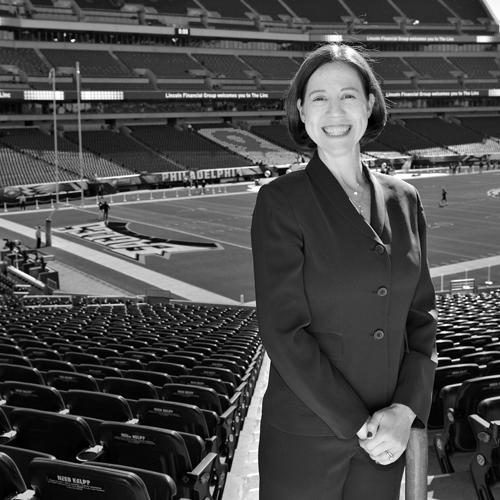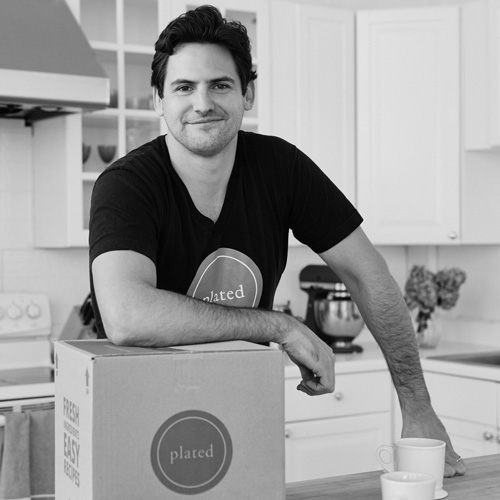Originally, I was a music major. When I realized that the concert stage was not breathlessly awaiting my arrival, I reconsidered. Music students believe (or at least pretend) that they’ve been gripped by a great passion and calling. I spent all this time waiting for that thunderbolt and it never came. So, like most people, I went with a combination of serendipity and skill-set. The passion came later. But I did work my way through law school singing in piano bars!
I joined Tellabs just as the telecom equipment industry was imploding. I was there for two years and we did four reductions. Around Thanksgiving, the chair traditionally handed out turkeys. That year, we had just made really deep personnel cuts, so we decided not to give them out, thinking that employees would be offended that we spent money on turkeys when we couldn’t afford to keep their friends employed. It turned out to be the worst decision. The employees were hurt and the message that they took was that this was a cold, heartless, strictly bottom-line company now. You have to really stay in touch and not assume what your employees’ reactions will be.
Working at the city of Chicago was an eye-opening experience. During that first year, I learned more than I have at any other point in my career. For the first time, I had seventy people to manage. In a law firm you manage ever-changing teams, but this was different. It was a crash course in management.
The most significant growth I’ve experienced during my career has been the transition from thinking of myself as an adviser to being a business partner. It’s hackneyed, but that’s really it. The fun in being in-house is getting to be part of the company’s leadership and taking the long view.
I have nothing but wonderful things to say about Schiff and my years there. I got outstanding training and worked with tremendous people. I try not to hire any lawyers for the company who did not start in a law firm, because corporations aren’t set up to train lawyers—law firms are. More important, in a good law firm, you get imbued with a culture of professionalism that serves you well.
I’m so grateful that health care is where I wound up because there is a sense of purpose that infuses the health-care industry. Every company articulates some kind of mission beyond just making money, but we don’t have to get creative to find ours. We help people who are ill or are suffering. It’s an inspiring industry.
Over the years I have developed the mantra, “What does the business need?” Everybody in our legal department has that in a frame. They are required to keep that on their desks. We all have coffee mugs that say it, I have put it on T-shirts, I have put it on baseball caps—I think my next move is one of those rubber bracelet things. What I tell people is that our actions every day should be governed by that question. The significant piece of that is that it doesn’t say, “What does the client want?” We are, first and foremost, leaders of the business.

